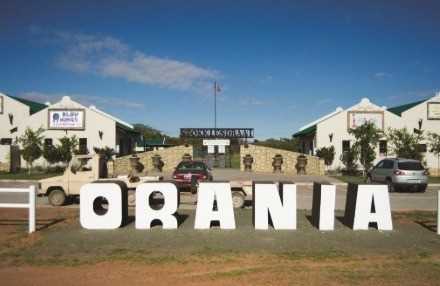
Zim Now Writer
A white-only separatist community in South Africa, Orania, has renewed its bid for international recognition by reaching out to former U.S. President Donald Trump and American right-wing figures.
Frustrated by the country's Black empowerment policies and the legacy of post-apartheid governance, Orania’s leaders are now seeking political and economic backing from like-minded conservatives abroad.
Founded in 1991 by a group of Afrikaners opposed to Black majority rule, Orania is a self-proclaimed Afrikaner homeland located in the Karoo region, with a population of about 3,000. It is the only town in South Africa where all residents, including cleaners and laborers, are white. Though legally under South African jurisdiction, it has its own local government, tax system, and even an informal currency.
Last week, senior officials from the Orania Movement traveled to the United States, holding meetings with Republican politicians, think tanks, and influencers. While the delegation was vague about the kind of support they are seeking, they emphasized the desire for investment in infrastructure and energy self-sufficiency, not asylum or handouts.
This outreach comes amid renewed support from right-wing American circles, especially after Trump offered asylum to white South African farmers in 2018. Although no formal ties with the Trump administration were confirmed, Orania's leaders expressed disappointment that U.S. stakeholders seemed more interested in relocating Afrikaners than supporting their separatist goals.
Related Stories
Critics argue that Orania’s attempts to gain international backing undermine national unity and racial reconciliation efforts in South Africa. The Economic Freedom Fighters recently accused the community of deepening divisions and "destroying the unity of this country," a claim Orania’s leadership rejects.
Descendants of Dutch settlers who institutionalized apartheid, the Afrikaners in Orania view themselves as cultural preservationists, drawing comparisons to the founding of Israel post-WWII. Their long-term vision includes expanding territory westward toward the coast.
However, the contrast between Orania and the broader South African experience is stark. While Orania is self-sustaining and visibly prosperous, many South Africans—particularly Black citizens—still live in poverty. Unemployment stands at around 33%, and communities like Soweto continue to lack basic services like piped water and sanitation.
Hanlie Pieters, who relocated to Orania after leaving Johannesburg, criticized South Africa’s employment equity laws, expressing concern about her children's future in a system she views as disadvantageous to whites. In Soweto, 49-year-old Bongani Zitha sees Orania's residents as privileged. “They have access to everything—health, education. We don’t,” he said.
Despite the controversy, Orania continues to grow, reporting a 15% population increase and attracting support from white South Africans disillusioned with the current political climate.
South Africa’s foreign ministry maintains that Orania remains under South African law and the constitution. Spokesperson Chrispin Phiri emphasized the ongoing struggle to unify a country scarred by over 17,000 discriminatory land laws inherited from apartheid.










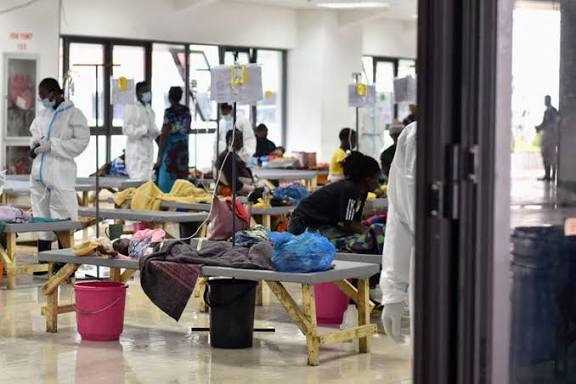
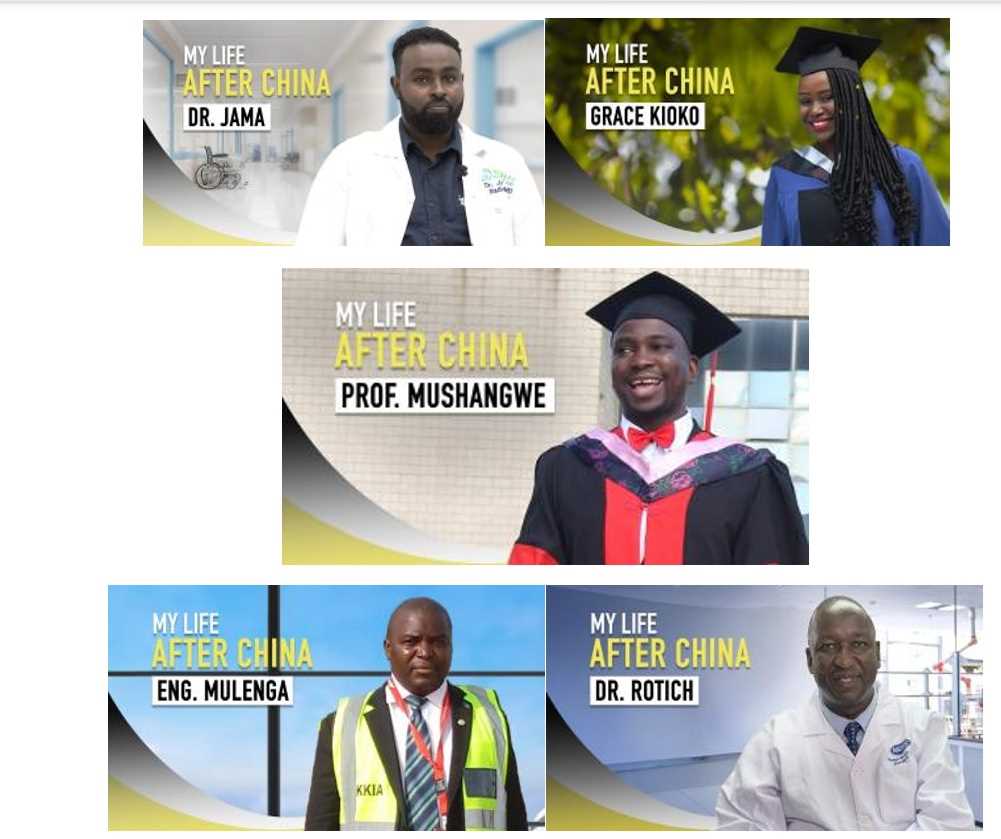
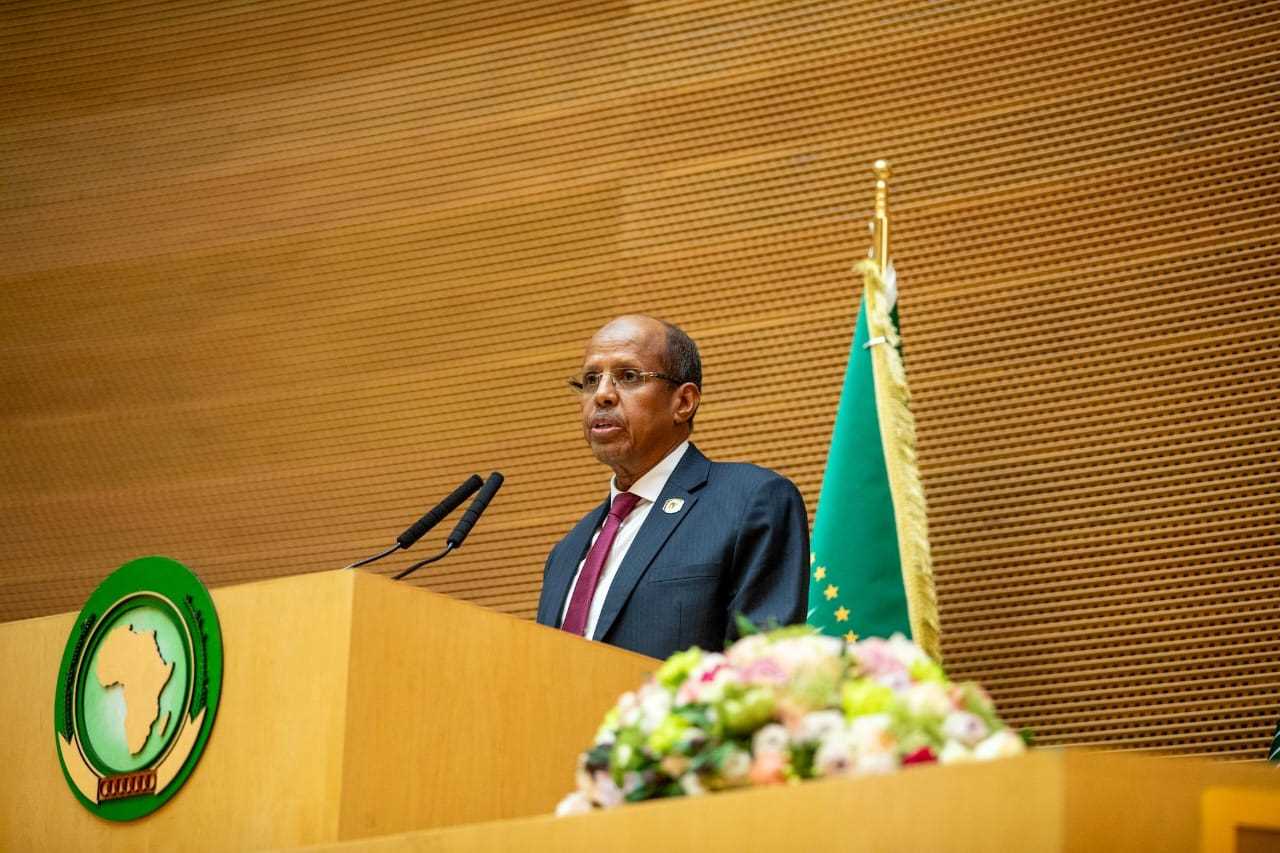

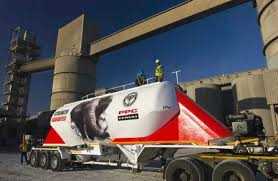

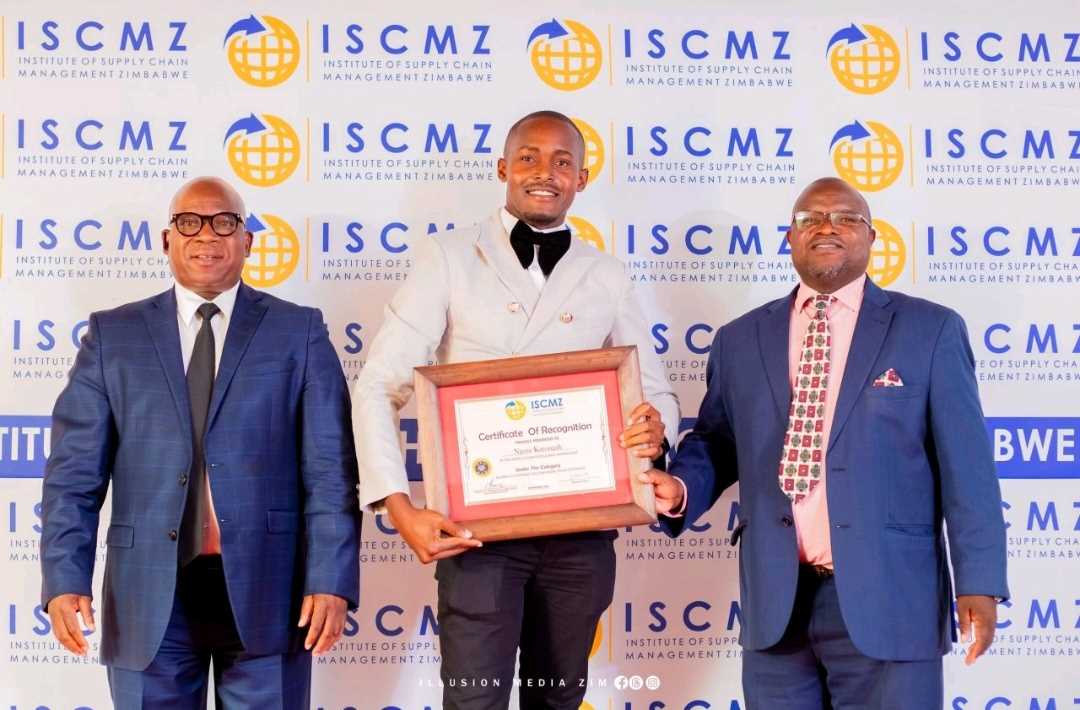
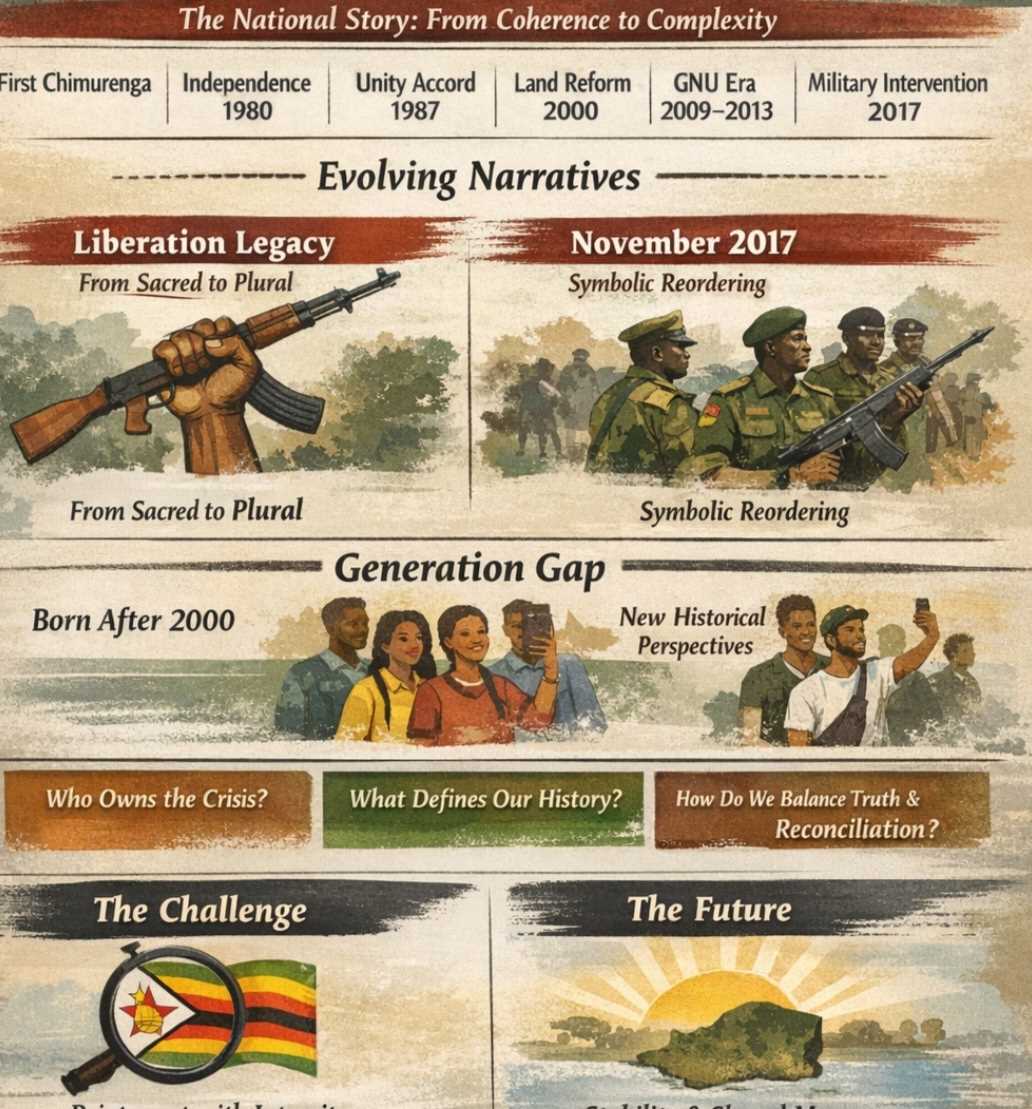


Leave Comments